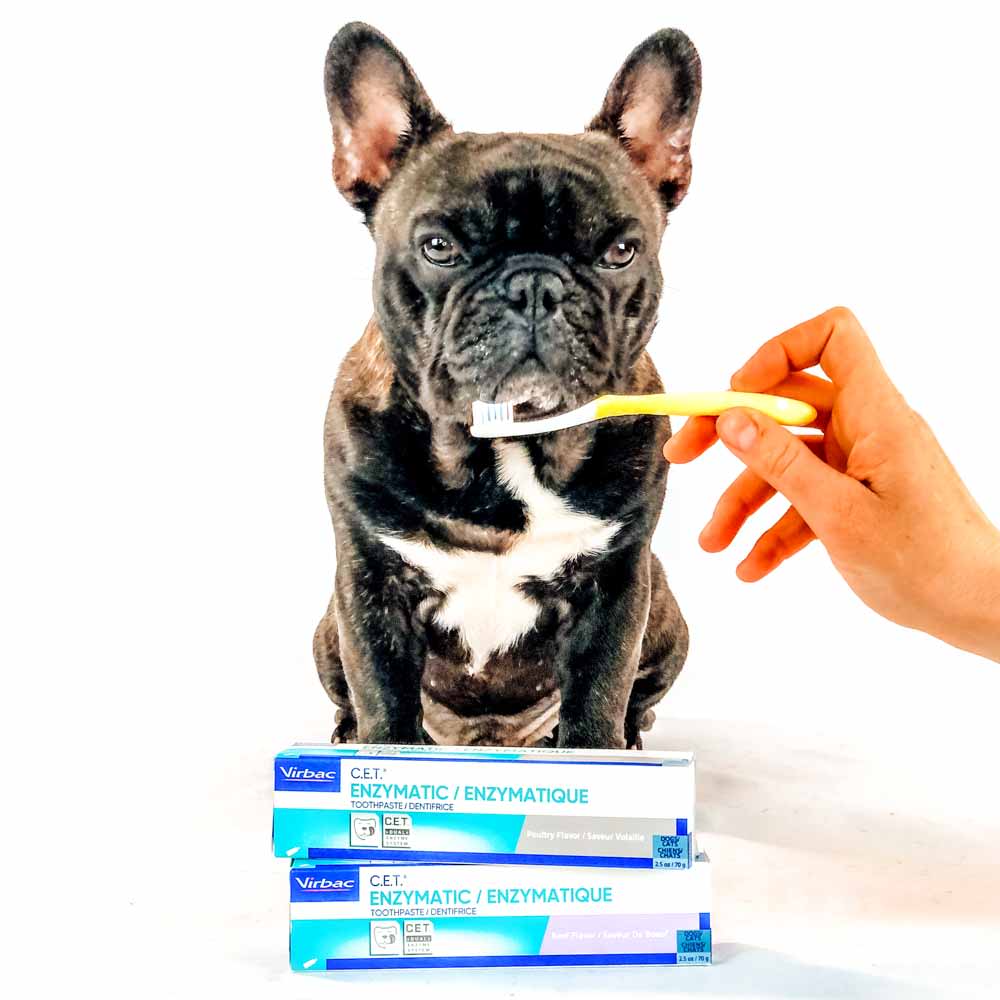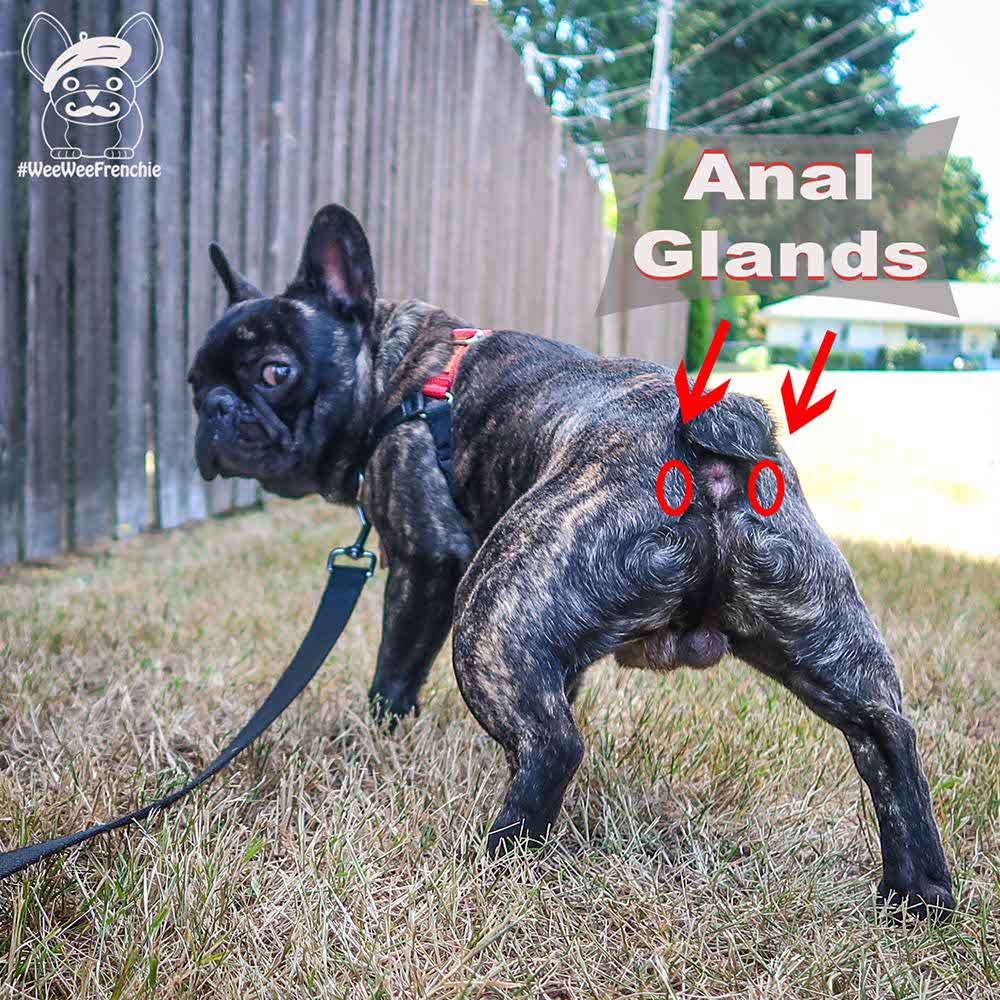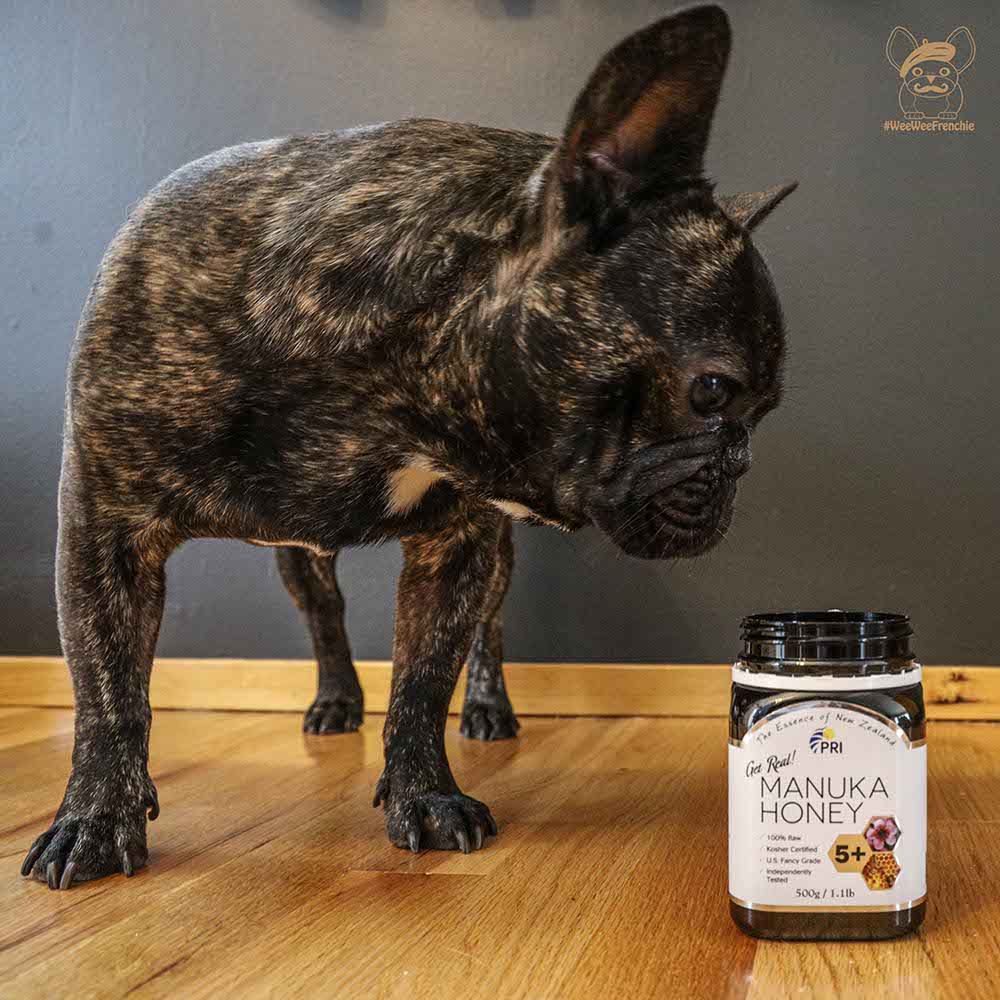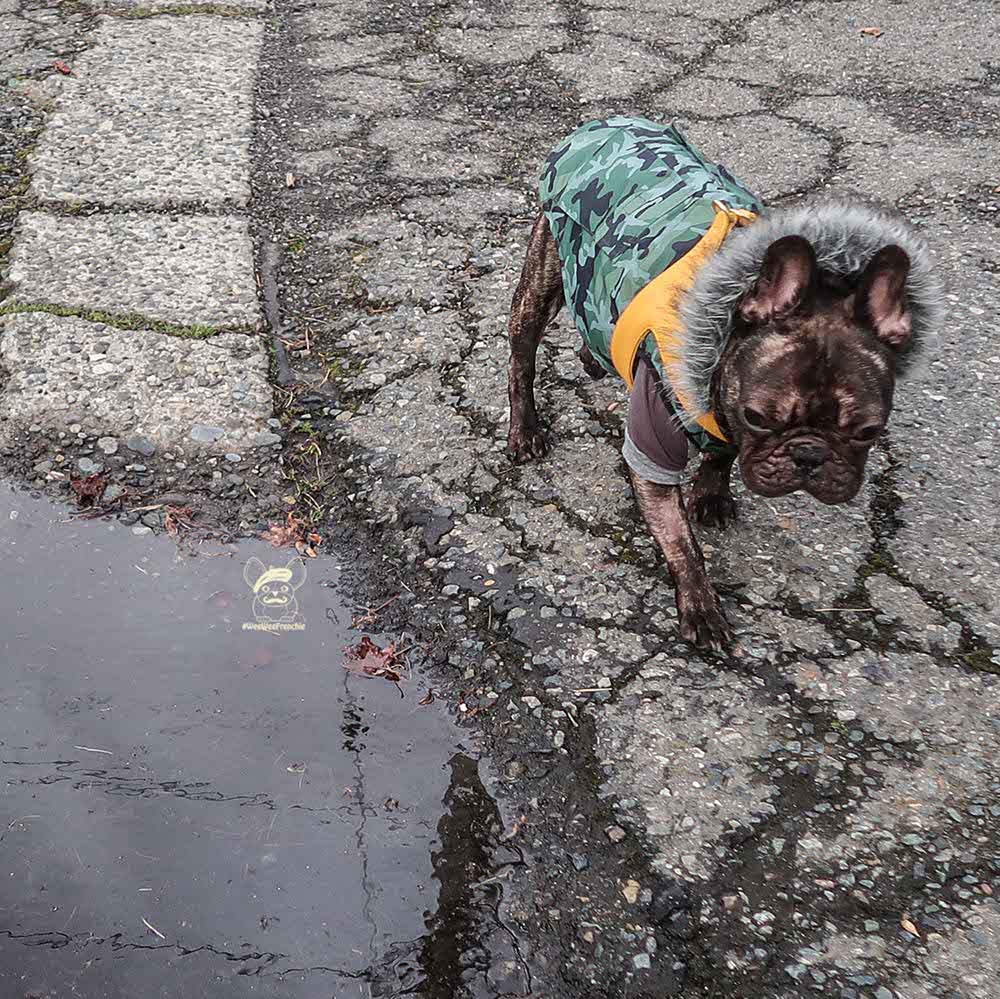Aspiration Pneumonia in Dogs - What You Need to Know
It's a scenario that happened twice in two weeks. I came home to my dog breathing fast, shaking, weak, and refusing to eat. Both times I rushed to the emergency hospital. He was diagnosed with aspiration pneumonia.

I was given strict orders to start antibiotics now, get repeat x-rays weekly, and don't stop antibiotics until a veterinarian gave the approval. I had to limit my dog's activity so he could rest and heal. If my dog struggled to breathe, I had to rush him back to the hospital for evaluation.
What is Aspiration Pneumonia?
Aspiration pneumonia is usually a complication of your dog regurgitating or vomiting. Food contents can be inhaled into the lungs causing inflammation and infection.
Dogs can also aspirate post-procedure when sedation is used but this risk is reduced by avoiding food for several hours prior to the procedure.
Signs & Symptoms
- Fast breathing
- Congested breathing (sounds like fluid in the lungs)
- Not eating
- Coughing
- Fever
- Exercise intolerance
- Shaking
- Lethargy
Diagnosis
Thorough examination is needed before a diagnosis can be made. If your dog is showing any signs or symptoms of aspiration pneumonia, your dog will need emergency care immediately.
The vet will listen to your dog’s breathing, examine respiratory rate, and test oxygen saturation to determine if lung involvement. Chest x-rays can display if a foreign object, fluid, or bacterial growth is within the lungs.
Treatment
Typical treatment is two weeks of antibiotics. Chest x-rays will be needed weekly to ensure your dog is responding to the antibiotics. Therapy is not discontinued until x-rays determine that the infection is resolved, which means antibiotics could be extended beyond two weeks, if needed.
Severity
Depending on the severity of illness, or if worsening of symptoms, your dog may need to be hospitalized for IV fluids, IV antibiotics, and oxygen treatment.
Aspiration pneumonia can be fatal if not treated quickly. Follow your veterinarian’s instructions and maintain strict adherence to medications.
If you suspect your dog has aspiration pneumonia, please seek emergency veterinary care immediately!
This blog is for informational purposes only. The information given should not be used as a substitute for veterinary evaluation.




